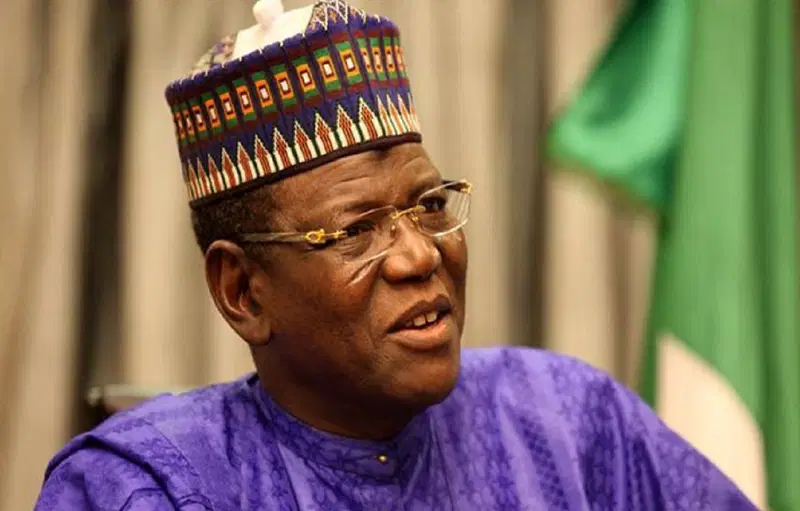Former Jigawa State Governor Alhaji Sule Lamido has officially announced his intention to contest for the position of National Chairman of the Peoples Democratic Party (PDP). The declaration came on Monday through a post on his verified social media account, where he stated his plans to visit the party’s national secretariat in Abuja to purchase the nomination form as required for aspirants.
Lamido’s move injects fresh dynamics into a race already marked by tight internal competition and regional fault-lines. Lamido is banking on his long tenure within the PDP, his role as a former governor (1999-2007) and foreign minister (2007-2010), and his influence within the Northern wing of the party to mount a credible bid. His announcement follows weeks of speculation over the form and direction of the PDP’s upcoming elective national convention, scheduled for mid-November in Ibadan, Oyo State, where the party is expected to elect a new national chairman and other principal officers.
The context of the chairmanship race is one of urgency and high stakes for the PDP. Since losing power at the federal level in 2015, the party has struggled with defections, internal rifts, and challenges in maintaining relevance ahead of the 2027 general elections. Lamido’s entrance is seen by observers as an attempt to rally the party’s base and re-energize its national appeal. He has repeatedly emphasized restoration, unity, and ideological coherence in his public remarks, framing his prospective chairmanship as an opportunity to rebuild the PDP’s strength across Nigeria’s geopolitical zones.
Lamido faces formidable challengers. Kabir Tanimu Turaki, former minister and senior advocate, has been endorsed by several Northern governors as a consensus candidate. Ahmed Makarfi and Ibrahim Shekarau are also reportedly considering bids, adding to the competitive field. Lamido’s camp insists that he will not accept a mere consensus pick but will fight for an elective process, citing the need for internal democracy.
Regional zoning and power localization represent a core element of the unfolding contest. The PDP constitution stipulates rotation of leadership positions to reflect national spread and internal equity. Many Northern stakeholders argue that the chairmanship should remain in the Northwest, a zone historically under-represented in recent top party posts. Lamido, being from Jigawa in the Northwest, positions himself accordingly, while skeptics question whether the endorsement of Turaki uprightly reflects broader regional consultation.
The party’s National Working Committee has set in motion a screening process for aspirants, constituting a thirteen-member committee to vet candidates ahead of the convention. The committee is chaired by a senior lawyer and includes delegates from across zones. Lamido has indicated readiness to comply with the process, while simultaneously signalling that he expects fairness and transparency. A legal suit remains pending in federal court seeking to halt the convention, adding another layer of complexity to the timeline.
While Lamido has not released a detailed manifesto, informal statements attributed to him have themes of restructuring the party’s organizational machinery, revitalizing the membership register, strengthening the youth and women wings, and rebuilding the party’s funding model in post-government years. His supporters argue that his governance record as governor, during which Jigawa made significant strides in agriculture, education, and rural development, lends him a credible leadership profile within the party.
The timing of Lamido’s bid is strategic. With the 2027 general elections on the horizon, the PDP views its internal restructuring as a matter of urgency. Senior party figures believe that a new, disciplined national leadership can stem defections, improve grassroots mobilization, and present a viable alternative to the ruling All Progressives Congress (APC). Lamido’s entry underscores that recognition and intensifies the push for reform within the opposition fold.
Key questions remain. Can Lamido secure the endorsement of governors whose support carries heavy weight in the chairmanship election? Will the screening committee adjudicate in a way that opens space for contested primaries and not just managed outcomes? And above all, will the process enhance party cohesion or further polarize the PDP’s internal structure?
Whether Lamido emerges victorious or becomes a leading contender who forces change, the announcement of his candidacy arguably sets the tone for how the PDP will navigate its next phase of internal politics and electoral strategy.
Samuel Aina

